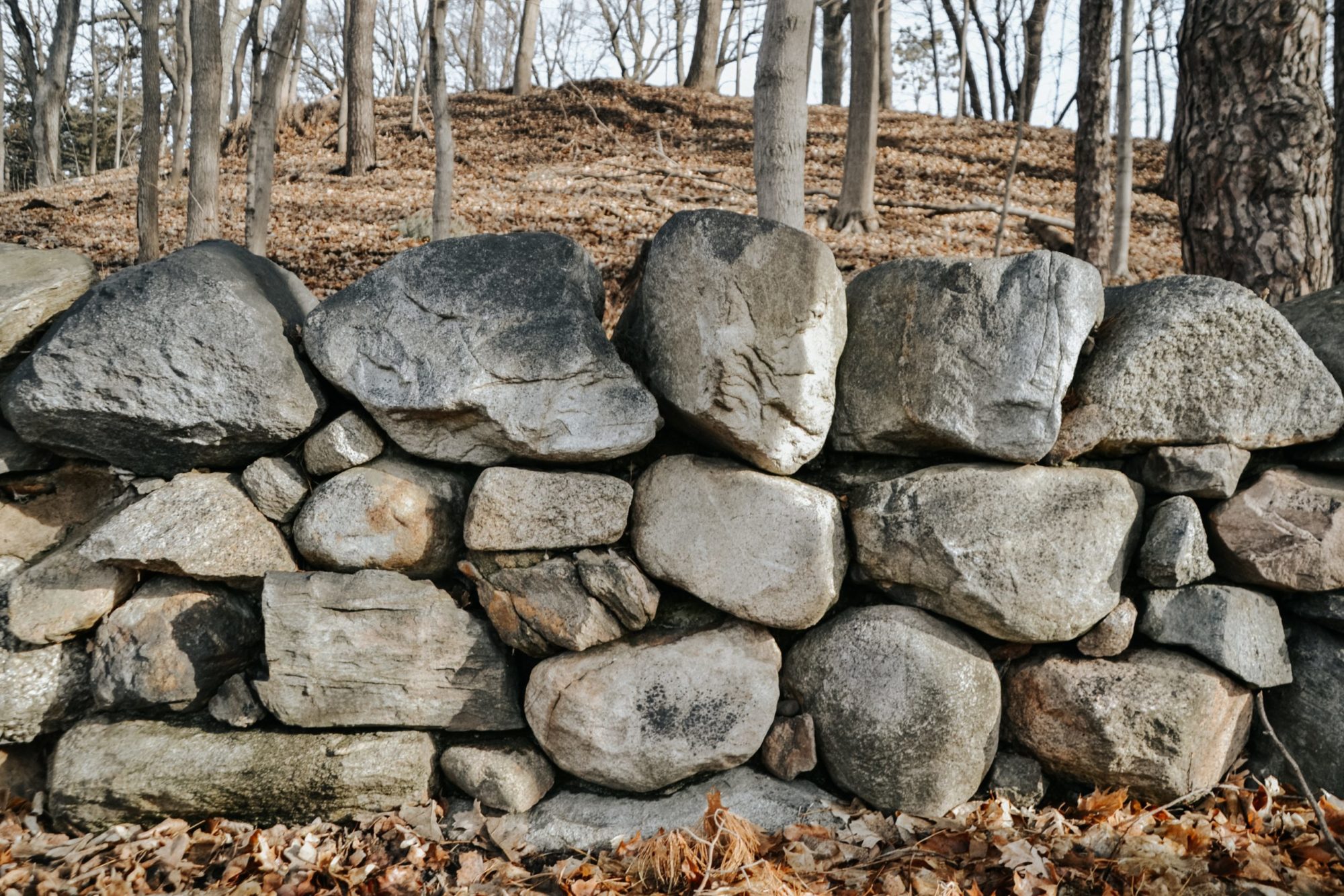By Oliver Sandreuter
Shan Foster is not the first person you would expect to find running a domestic violence awareness and education program in the heart of Nashville, Tennessee. Crisp checkered gray slacks, shiny slick black pointed shoes, and a perfectly pressed charcoal sweater outlined his athletic build. He resembled a fusion of an athlete, celebrity, and movie actor with the small wire-framed rectangular glasses of a seasoned college professor resting in front of his dark brown eyes.
Shan Foster (Courtesy of Nashville Business Journal’s 40 Under 40)
Shan is the highest scoring basketball player in Vanderbilt history, a 2nd round NBA draft pick, and former Dean of Culture at a Nashville charter school. He’s 33 years old and is now the Vice President of External Affairs at the YWCA and leads their AMEND Together program – an initiative engaging men and boys to end violence against women and girls.
So how did he get here? And why does he feel domestic violence is such a crucial topic to address?
Tennessee ranks fourth in the country for rates at which men kill women in domestic-related homicides. One in four women will experience domestic violence in their lifetime. And while men also face domestic violence, its harm is disproportionately experienced by women as men are perpetrators of over 80% of spousal and partner-related violence cases.
These numbers are more than just statistics to Shan Foster. A survivor of child abuse and witness of domestic violence growing up, it took Shan time before he was able to articulate the experiences of his past.
“When you’re a kid, you don’t see that as child abuse. You’re seven, ten, eleven years old. You just see that as, ‘I did something wrong and I’m getting in trouble.’ As you become an adult, you become more aware, and you understand, ‘Yeah, I was abused as a child.’”
His work at the YWCA now leads him to advocate for male engagement and education around a healthier masculinity for society.
“Our culture has taught young boys toxic manhood. No one is sitting in class learning how to be abusive or learning how to exhibit behavior that is harmful to themselves or others – it’s a learned behavior of experience. Many of those experiences come from a place of trauma, ignorance, isolation, and being forced to figure things out on their own,” he said.
Shan believes that educating young boys and men toward a healthier understanding of masculinity is an essential component in addressing the crisis of domestic violence in Nashville, the United States, and across the world.
What does any of this have to do with COVID-19?
With national and state-mandated safer-at-home orders increasing every day, many individuals – primarily women and children – are being forced into situations that provide anything but safety.
As the response to COVID-19 escalates across the world, so have reports of domestic violence. New York City has seen an over 40% increase in visitors to their domestic violence resource NYC Hope. A similar rise has been seen in Italy, Brazil, Spain, and many more places around the globe. In Hubei province, where COVID-19 initially emerged, reports of domestic violence more than tripled at the height of the lockdown.
The majority of organizations and individuals in place to help combat domestic violence were already under-resourced and are now being stretched impossibly thin under COVID-19.
An expert from The United Nations Human Rights Council noted that, “For many women, the emergency measures needed to fight COVID-19 have also increased their burden regarding domestic work and the care of children, elderly relatives, and sick family members.”
In Nashville, the past two weeks have seen a more than 50% increase in calls to the YWCA domestic violence hotline.
Last year, due to advocacy from YWCA Nashville and its many activists, the organization was able to expand its 51-bed Weaver Domestic Violence Center by adding 14 beds to accommodate more survivors fleeing abusive homes. At the time, it aimed to raise enough money to fund a long-term expansion goal of 100 beds. Even at 51, it was already the largest domestic violence center in Tennessee
While this expansion was powerful and essential work, it remains insufficient.
Our city of Nashville and the country as a whole needs to move much more quickly and efficiently to address the growing crisis of domestic violence heightened by safer-at-home COVID-19 measures.
Various parts of the world have started to move in this direction, and we must learn from their example.
In France, Gender Equality Minister Marlène Schiappa recently announced a plan to assist domestic violence survivors. The initiative pays for 20,000 hotel bookings and contributes 1 million euros (roughly $1.1 million) to organizations that fight domestic abuse and set up assistance points at supermarkets and pharmacies across the country.
Australia has declared a nearly $100 million boost in funding to address domestic violence after support services reported an almost 75% spike in coronavirus-related family abuse.
As of April 16, Australia currently has 6,468 confirmed COVID-19 cases.
France is reporting 108,847 cases.
The United States has 657,620 confirmed cases, 5,823 of which are in Tennessee.
The United States also has hundreds of thousands of unoccupied college dorm rooms, vacant hotel rooms, and billions of dollars being funneled toward airline corporation bailouts.
These numbers are critically alarming.
And as in the case of Shan Foster, and millions of other individuals, these numbers represent more than just statistics.
Originally published at curiocitynashville.com on April 6, 2020.
- Regenerative Agriculture Model as an Avenue for Institutional Justice - January 7, 2021
- Why Do We Need To Talk About Domestic Violence Now More Than Ever? - April 16, 2020
